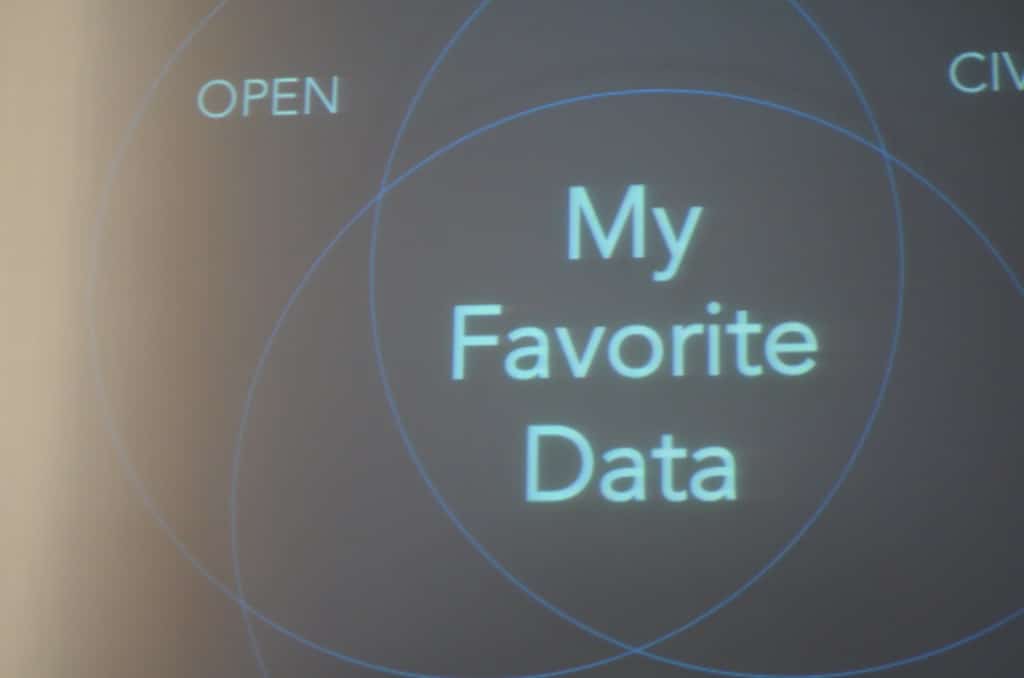Not too long ago, we wrote about a recent decision from the US Court of Appeals for the 11th Circuit that held that data scraping can be deemed a misappropriation of trade secrets. See here. That case was decided based on the Florida version of the Uniform Trade Secrets Act (“UTSA”).
In another case involving data scraping, an opinion has recently been handed down by the US Court of Appeals for the Fifth Circuit based on federal copyright law and Texas common law. In that case, the court held that data scraping did not constitute copyright infringement because only 5% of the database schema was copied. However, the data scraping was properly considered unjust enrichment under Texas common law. See Digital Drilling Data Systems, LLC v. Petrolink Services, Inc., Case No. 19-20116 (5th Cir. July 2, 2020).
In Digital Drilling, both parties in the case provided commercial services with respect to what is called “geosteering.” When oil and natural gas drilling companies drill below ground, they use geosteering services to help steer the drill to specific underground targets. The process involves mounting sensors near the drill bit which relay real-time raw data to the surface which is collected in various databases. Computers on the surface process the raw data, including the location and orientation of the drill bit and the surrounding geological formations, and display the data to assist with the geosteering.
The plaintiff in the case, Digital Drilling Data Systems (“Digidrill”) created a geosteering software program called “DataLogger.” DataLogger’s databases were accessible via an open source database application called Firebird. To prevent unauthorized use of DataLogger, Digidrill designed the program to run only when a USB security device was plugged into the computer running the program. Digidrill also created a program called “LiveLog” to provide real-time visualization of the data.
The defendant, Petrolink Services, had competing software packages called “PowerCollect” and “PetroVault.” PetroVault provided the real-time visualization. However, customers found that PetroVault provided unreliable visualizations. Indeed, at some point, Petrolink learned that one of its largest customers might switch over to Digidrill’s LiveLog.
In response, Petrolink obtained a laptop running DataLogger— along with the corresponding USB security device and then gained access to DataLogger/LiveLog by using Firebird’s default administrator username and password. With this access, Petrolink developed another program that queried and copied data from the DataLogger database and transferred that information to PetroVault for visualization.
Eventually, Digidrill discovered the deception and sued for copyright infringement, for unjust enrichment under Texas common law and for various other claims.
With respect to copyright infringement, the trial court judge dismissed the claim on summary judgment. The trial court began by noting that the raw data in the database was not copyrightable because “mere facts” cannot be copyrighted. However, the “schema of the database” — its structure, creative arrangement and connection of tables and datasets — COULD be copyrightable. That being said, the court concluded that no infringement had taken place because the evidence showed that Petrolink had copied only approximately 5% of the Digidrill database schema. Because of this, Digidrill failed what is called the “substantial similarity” test.
To prove copyright infringement, a plaintiff must establish three legal elements:
- Ownership of a valid copyright
- Factual copying and
- Substantial similarity
As noted, the Digidrill’s database schema was an original work of authorship that qualified for copyright protection. Further, the evidence clearly showed that Petrolink had factually copied parts of the Digidrill database schema. However, as a matter of law, the court concluded that copying only five percent of the database schema precluded a finding that the copying resulted in “substantial similarity.” Digidrill attempted to argue that Petrolink had copied the most important parts of the database schema. However, this argument was rejected since no evidence had been provided with respect to the relative importance or value of various parts of the database schema.
In reviewing the case, the Fifth Circuit affirmed the trial court. The court held that “no reasonable jury could find substantial similarity” based on what was copied compared to the schema of DataLogger as a whole.
With respect to the unjust enrichment claim, the trial judge allowed that claim to go before the jury. The jury returned a verdict in favor of Digidrill awarding it $414,940. The jury verdict was affirmed by the Fifth Circuit.
For more information or if you have questions about copyright law or about protecting your data from data scraping, contact the internet lawyers at Revision Legal at 231-714-0100.




